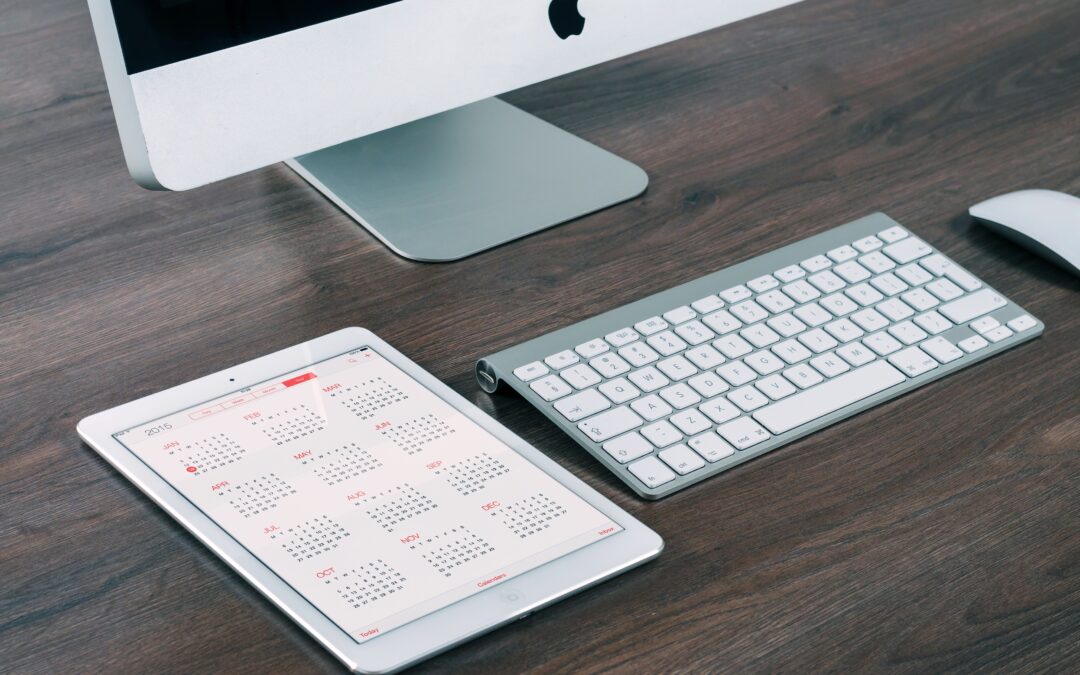Personal finance apps can help you get your money organized, whether you’re trying to save to purchase a house or just want to be more mindful about your spending. Not only that, they can help you feel more confident about your decisions and even separate your personal and business-related funds, which, as Square notes, is essential. There are so many to choose from, however, that it can be challenging to find the right fit for your specific money needs. That’s why it’s so important to think about what your goals are in the beginning, so you can narrow down the options.
You can also keep in mind that there are several other types of apps available that will help make your major financial decisions a little easier. This guide presented by the Money Alignment Academy can help you discover apps you need to download ASAP.
Make getting a mortgage a cinch
If your first major goal is to buy a house, it’s a good idea to use all the resources available to you. Fortunately, finding a home, figuring out what your down payment should be, and even researching new neighborhoods can all be done online these days. Using an online mortgage calculator will allow you to enter in your income, monthly expenses, and projected down payment so you can get a sense of how much you can afford to spend. Once you have a number, you’ll be able to set some realistic goals for saving.
Choose the right app for your needs
When you’re ready to pick a personal finance app after setting a few goals, think about your specific needs and which features you’re looking for. If you’re looking for a payment system that works well for you and your customers or clients, you can use a balance API feature in your app or online payment system. Using an API to retrieve bank account balances allows you to avoid costly credit card or overdraft fees while your clients get the peace of mind of knowing they have the funds available to make payment.
Some apps will integrate with your bank and credit card accounts, making keeping up with your spending a breeze. Others, such as EveryDollar, require you to manually enter information yourself. This free app is simple to use and is great if you just want a few budgeting features. Mint, on the other hand, offers many more features and syncs your accounts so it can provide customized categories for your finances; this way, you’ll get notifications when you go over budget. Mint also helps you keep up with your credit score, although you can find separate apps for that if you prefer.
Make security a priority
When looking at different apps, it’s important to keep in mind that security is important, especially if you’re linking up your financial accounts. Read reviews online and take note of the fine print before downloading. Most financial apps provide multiple layers of security, so take the time to make sure you follow their guidelines. Cybernews points out that setting secure passwords that have never been used before is important, as is making sure you can turn off the app’s features if your phone is lost or stolen.
Set yourself up for the future
While most finance apps will help you with your goals for the near future, there are some that will come in handy for long-term planning. Consider downloading an app that will make small investments for you with every purchase you make. This is a simple way to build up an investment portfolio without taking big risks, and you’ll likely never miss those small amounts of money. If you’re unfamiliar with investing terms and need a little help getting started, an app is an easy way to go and it comes with customer service tools that will give you peace of mind.
Utilizing money apps is a great way to get a better picture of your financial health, and with a little bit of careful research, you can choose the best ones for your goals. Read reviews and make sure you’re familiar with the terms of service before you get started.

